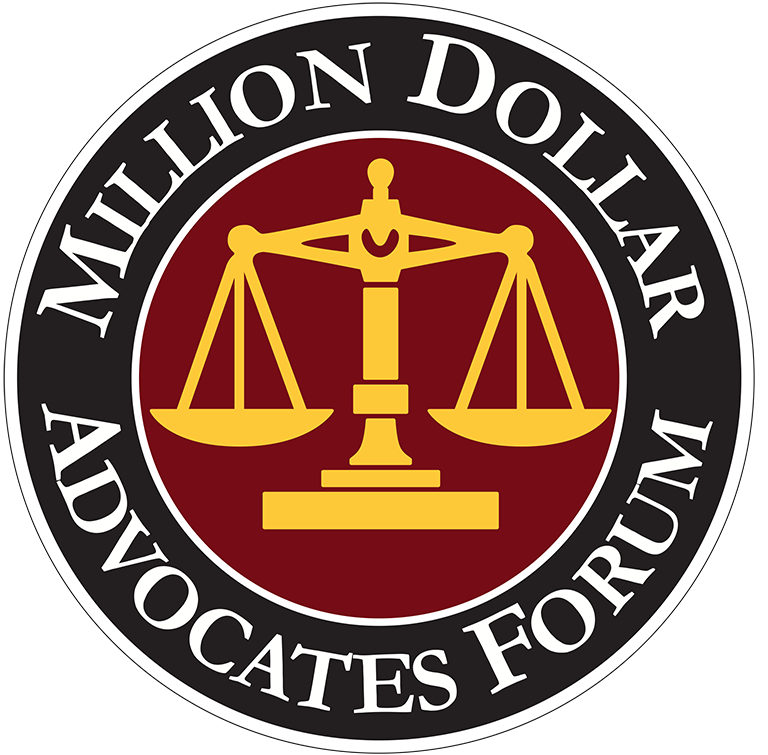Questions About Your Involvement In A Trial
If there is a trial, must I attend?
Yes. Usually you will receive plenty of notice to prepare for trial. Unfortunately, in some jurisdictions, you may have to "get ready" a number of times before your case is actually reached. In some jurisdictions, the court will set a large number of cases for trial, but only a few are actually reached. Your lawyer will explain this process to you.
When will the trial take place?
The question is impossible to answer because there are so many factors which determine when your case will go to trial. Such factors include:
- The number of cases waiting for trial in your county or jurisdiction.
- The number of judges available to hear trials in our jurisdiction.
- Whether or not all discovery, such as interrogatories and depositions, have been completed by both sides.
- The type of trial calendar set up in your jurisdiction.
- Whether or not the lawyers in the case have other trials pending in other jurisdictions.
- Other possible factors.
Your lawyer will be able to tell you approximately when your case will be reached for trial. In some jurisdictions it takes a year or less to get to trial after the suit has been filed. In others, it can take several years.
What happens at trial?
In cases which are not complex, the trial process usually involves a specific format. Do not count on television shows to accurately portray how trials actually occur. With some variations, depending on the jurisdiction, your trial will go something like this:
- The judge will open the trial by calling the lawyers, clients and prospective jurors into the courtroom.
- A jury selection process called “voir dire” takes place. In some states including Florida, the lawyers can ask questions or prospective jurors before selecting the jury. This process allows the lawyers to determine potential bias or unfairness on the part of prospective jurors. In other states, the judge questions the prospective jurors.
- Jury selection takes place in which jurors are called by lottery fashion. The lawyers may exclude some of the jurors for various reasons.
- After the jury is selected (6 people in Florida plus and alternate) the lawyers will make opening statements. These opening statements are brief summaries of the case so that the jury will have a road map of the case. Opening statements are usually short.
- After opening statements, your lawyer will present your case by calling you and other witnesses to the witness stand for direct examination. Such witnesses who can testify about the incident or your injuries.
- After each witness has finished direct examination by your lawyer, the lawyer for the defendant will be entitled to cross-examination. That is, you and your witnesses may be asked questions by the other lawyer.
- After cross examination, your lawyer may have a few additional questions and this process is called re-direct examination.
- After your lawyer finishes presenting your case, the defense lawyer is allowed to present the other side of the case by calling a witness for the defense. Your lawyer will be entitled to cross-examine those witnesses.
- After both attorney's have finished all questioning and all presentation of evidence, the judge will allow closing arguments. In closing arguments the lawyers have the opportunity to summarize the case to the jury and ask for a verdict. Your lawyer will be allowed to go first, followed by defense attorney. After the defense attorney finishes his or her closing argument, your lawyer may be offered a brief period of time for rebuttal.
- After closing arguments, the judge will instruct the jury on the law and how it should be applied to your case. This process usually takes an hour or more depending on the judge. The judge’s instructions are the final words heard in the case before deliberation. The judge is not allowed to influence the jury one way or the other as to the potential result in the case.
- After the judge completes instructions, the jury is allowed to deliberate on your case in a closed room.
- When the jury has finished deliberation and reaches a verdict, the judge will call everyone back into the courtroom and the verdict will be announced. You will find out at that time whether or not you won your case and how much money, if any has been awarded by the jury.
What should I remember to be the best possible witness?
The trial is the most important part of your case. It is your only day in court and you will probably not get a second chance. No one is perfect, but you can prepare yourself to be as good a witness as possible. The following recommendations will assist you to do the best job possible:
- Review your deposition transcript and interrogatory answers if your lawyer asks you to do so. It is important for your trial testimony to be consistent with your discovery.
- Do not mention insurance. If insurance or anything about it is injected into the case, the judge will probably declare a mistrial and you will have to wait for another trial date.
- Dress appropriately. You should not wear flashy clothes, a lot of jewelry or a lot of makeup. The type of clothing you would wear to a church function or a PTA meeting is appropriate.
- Review your medical history so that you have a good idea about injuries you have had, doctors you have seen, hospitals which have treated you, etc.
- Never exaggerate. Do not exaggerate about how the incident happened or about your injuries. An exaggeration will almost always hurt you and never help.
- Don’t be a “wise guy.” A courtroom is not the place for being coy, wise or funny. If something happens in the courtroom that is humorous, it is all right to laugh with the jury, but do not try to be a comedian.
- Be courteous to everyone including the defense attorney and court personnel. Jurors are impressed by polite people. Call the judge “Your Honor,” show respect to courtroom personnel, and call the defense attorney “sir” or “Ma’am” from time to time.
- Never lose your temper. Defense attorneys know one way to win a case; get the witness to lose his or her temper. If you feel badgered by the attorney, react courteously. Jurors are impressed by people who can remain calm under cross-examination.
- Listen carefully to each question and take your time to answer. Do not anticipate. Wait for the questioner to finish before you speak.
- Look at the jurors. This cannot be stressed enough. Look jurors in the eye when you testify just as if you were talking to your best friend or closest relative. Jurors tend to believe people who can look them straight in the eye.
- Speak clearly and answer with “yes,” “No”, etc. and not with words like “ya”, “Ahah,” “um,” etc.
- Do not look to your lawyer for answers. You are the witness – not your lawyer. If you look to your lawyer for answers, the jury may become suspicious.
- Be yourself. You are likely to be nervous and this is appropriate because jurors expect that people who testify in court will be nervous. After a brief period of time, you will be comfortable, especially if you are telling the truth.
- Do not put on a show about your injuries. Jurors are suspicious about people who try to exaggerate or display their injuries when they sit down, get up, walk, etc. Jurors are able to ascertain a phoney gesture just like adults know when children are faking illness.
- Tell the truth! This is repeated because it is so important. There may be things about your case that will hurt you - no case is perfect. If so, don't be afraid to admit the truth, The defense lawyer would love to catch you in a lie because one lie can destroy your case.







